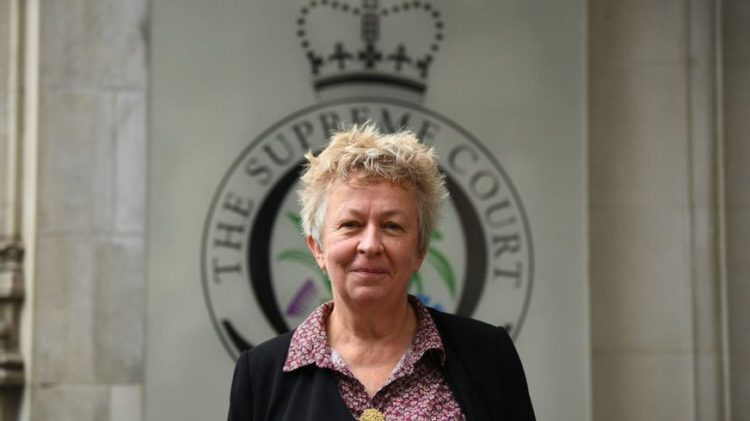By Lucy Caulkett-
A District judge who won her seven year battle against the Ministry Of Justice was being bullied and not taken seriously, a Supreme Court Judge ruled yesterday.
The Supreme Court victory of a District judge who expressed her concerns about the justice system after a seven-year battle against the Ministry of Justice is goes a long way.
The Supreme Court ruled that excluding judges from whistleblowing protections breaches their human rights after District judge Claire Gilham appealed against a 2017 Court of Appeal decision that judges are not workers and are therefore not afforded the same legal protections as whistle blowers. Judge Gilham had expressed her concerns about the justice system , but was being told she had no rights to do so. Her application to the Court of Appeal failed, but she succeeded once she went higher up to the Supreme Court.
Concerns expressed by a judge should never be taken lightly as was done in this case.President Lady Hale said factors such as the manner in which Gilham was engaged and her relationship with the ministry did not suggest a contractual relationship.
PROTECTED
Hale said that not only are judges well protected against dismissal and other disciplinary action if they speak their minds. ‘They are not so well protected against the sort of detriments which are complained about in this case – bullying, victimisation and failure to take seriously the complaints which she was making” Hale said.
Hale criticised the fact Gilham had been denied the protection available to other employees and workers who make responsible public interest disclosures under the requirements of the Employment Rights Act 1996.
‘She is denied protection from “any detriment”, which is much wider than protection from dismissal or other disciplinary sanctions. She is denied the possibility of bringing proceedings before the Employment Tribunal, with all the advantages those have for applicants. She is denied the right to seek compensation for injury to feelings as well as injury to her health.’
Hale said the courts will always recognise that sometimes difficult choices have to be made between the rights of the individual and the needs of society. But ‘in this case there is no evidence at all that either the executive or parliament addressed their minds to the exclusion of the judiciary from the protection of Part IVA [1996 act]’.
LEGITIMATE
Hale said no legitimate aim had been put forward for excluding judges. ‘It has not been explained, for example, how denying the judiciary this protection could enhance judicial independence. Of course, members of the judiciary must take care, in making any public pronouncements, to guard against being seen to descend into the political arena.
Lady Hale said responsible public interest disclosures of the sort which are protected under Part IVA do not run that risk. She said the object of the protection was to give workers the confidence to raise malpractice within their organisation rather than placing them in a position where they feel driven to raise concerns externally. It is just as important that members of the judiciary have that confidence.’
Image: PA




